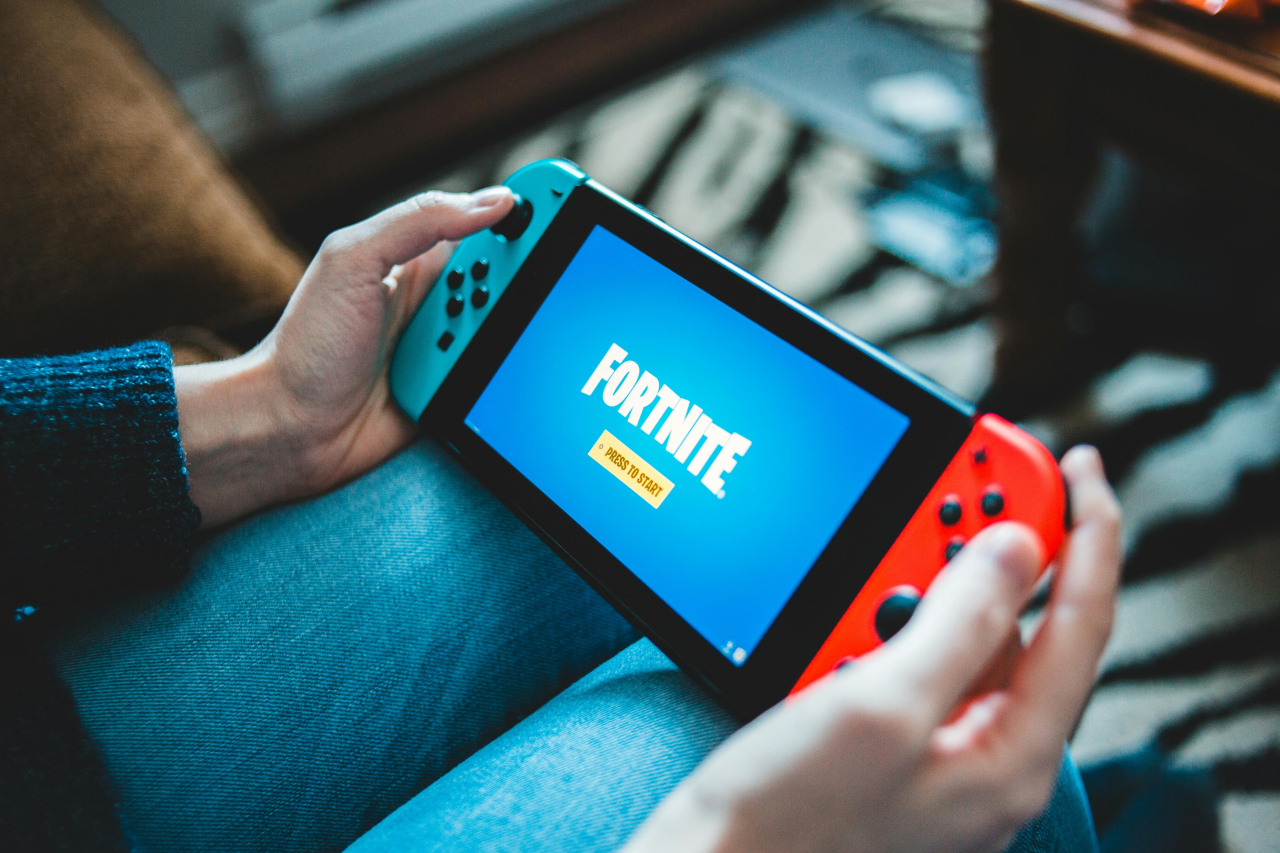Time limits and time reports: how they work
On Tuesday, Epic Games announced two key features: Time Limit Controls and Time Reports. These new settings allow parents to set daily gaming limits for their children, choose specific playtime windows, and receive detailed reports about how much time their child spends gaming.
The Time Limit Controls feature provides parents with the ability to set specific time restrictions for their child’s account through the parental controls section in Fortnite’s main menu or via the Epic Account portal online. Parents can choose both how much time their child is allowed to play each day and the specific hours when gaming is permitted. For instance, a parent might allow their child to play for two hours but only between the hours of 5 p.m. and 7 p.m. daily. If desired, they can also grant their child the ability to request extra time once the set limit is reached.
As soon as a child nears the end of their allotted playtime, Fortnite will display in-game notifications reminding them that they have 30 minutes left. If the time limit is exceeded, they will be automatically logged out, and further play will be prohibited until the next gaming window opens, or unless a parent grants additional time.
Another significant aspect of these controls is their cross-platform functionality. Whether the child plays on a console, PC, or mobile device, the limits will be enforced as long as they are using the same account.
Addressing growing concerns about gaming addiction
Epic Games’ introduction of these parental controls comes at a time when the company faces increasing scrutiny over the addictive nature of its games. The highly popular Fortnite has been the subject of numerous complaints and even legal action from parents who argue that the game is intentionally designed to be addictive, encouraging children to prioritize gaming over more important activities like schoolwork or socializing.
In one case, a Vancouver parent launched a proposed class-action lawsuit against Epic Games, accusing the company of making Fortnite "as addictive as possible." Similarly, in 2019, a Montreal law firm sought authorization to file a class-action lawsuit against the game on behalf of two minors, comparing its addictive potential to that of cocaine.
Elaine Uskoski, a recognized author, speaker, and expert on video gaming addiction, commented on the new parental controls in an interview with CBC News, calling it "a tiny step in the right direction." She added, however, that "children are very clever and they find ways around these parental controls." This highlights a broader concern that even with safeguards in place, children may still find ways to circumvent restrictions.
Time reports: offering transparency to parents
For parents who want more detailed insights into their child’s gaming habits, Epic Games has also introduced Time Reports. This feature provides a daily breakdown of the time a child spends playing Fortnite and UEFN. The reports also track whether extra time has been granted, offering transparency for parents looking to better understand and manage their child's gaming activity.
These new features complement the existing parental controls that Epic Games already offers. Parents have long been able to manage how their child interacts with others within Epic's games, including settings for voice and text chat, purchasing permissions, and access to social features. However, the addition of time limits and reports marks a significant expansion in parental oversight, particularly focusing on how much time is spent playing, rather than just the nature of the interactions within the game.
Are video games an easy source of dopamine?
The debate around gaming addiction is not new, but it has gained significant traction in recent years, particularly in the context of modern, highly engaging games like Fortnite. A Canadian study released in 2020 highlighted the risks associated with excessive gaming, noting that between 6% and 11% of gamers develop issues such as neglecting school or work in favor of playing video games.
The study emphasized that modern technologies, including video games, are specifically designed to trigger the brain's release of dopamine and adrenaline. These chemical responses reward users with feelings of pleasure and excitement, but without the effort required in real-life activities. The study went on to state that with advancements in technology, today's video games are far more addictive than those created just a few decades ago. This trend has led to growing concerns among parents, mental health professionals, and regulatory bodies about the impact of such games on younger audiences.
Conclusion: a step toward better parental control
Epic Games’ introduction of Time Limit Controls and Time Reports is a positive step toward addressing parental concerns about gaming addiction and excessive screen time. By providing tools that allow parents to limit and monitor their children’s gaming activities, the company is acknowledging the growing need for better oversight in today’s gaming environment. However, as experts like Elaine Uskoski suggest, these controls may only be part of the solution. While they provide a layer of protection, parents must remain vigilant, as children often find ways around restrictions. The ongoing legal battles and rising public concern indicate that the conversation around gaming addiction is far from over, and it will likely continue to evolve as technology advances.
source: CBC


 Cats are the most popular pet in Canada. Despite their affectionate nature, they pose a significant threat to wild birds.
Cats are the most popular pet in Canada. Despite their affectionate nature, they pose a significant threat to wild birds. A powerful cold snap has engulfed central and eastern Canada this week, plunging temperatures far below seasonal averages. The extreme
A powerful cold snap has engulfed central and eastern Canada this week, plunging temperatures far below seasonal averages. The extreme Stress is a constant in modern life. From daily challenges to global issues, people are searching for ways to cope
Stress is a constant in modern life. From daily challenges to global issues, people are searching for ways to cope

